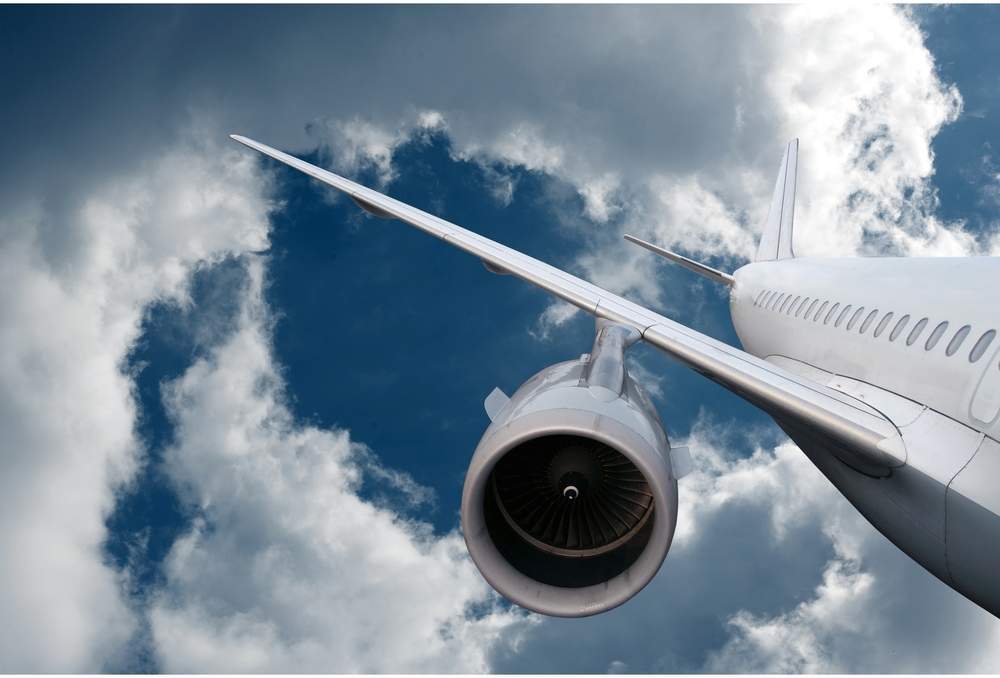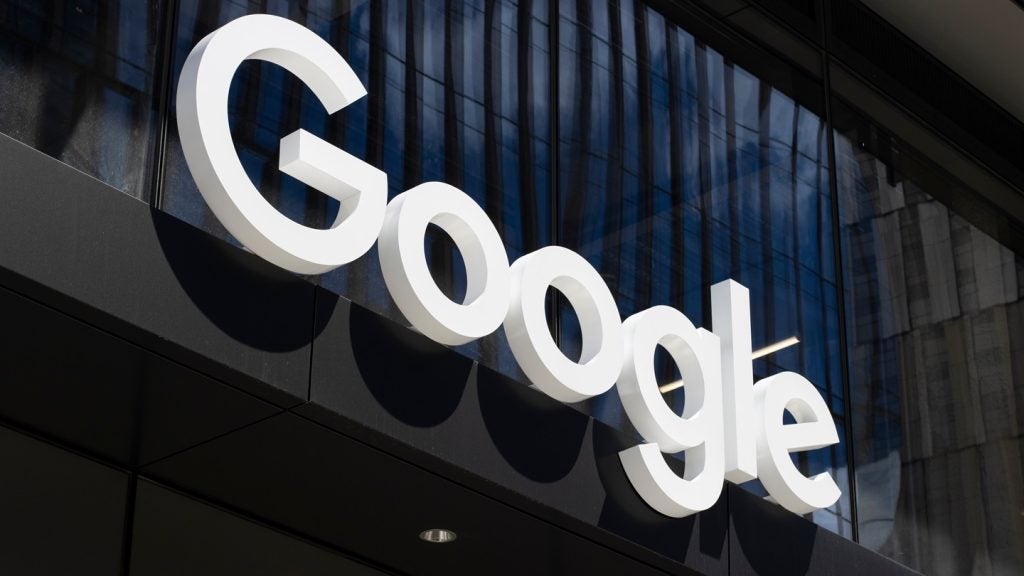The past month has been a tumultuous period for the airline industry.
The disruption of Ryanair flights looked set to be the biggest shock the industry would experience in 2017.
However, the announcement that Monarch Airlines is to cease trading has superseded this, with over 750,000 bookings now cancelled.
Monarch’s demise is believed to be related to the dip in travel following terrorist attacks on tourists in Egypt and Tunisia, as well as political unrest in Turkey.
The loss of travellers to these destinations forced Monarch to compete with low-cost airlines on routes to European countries – something the airline struggled to do effectively.
The volatility in the value of the British pound has not helped matters.

US Tariffs are shifting - will you react or anticipate?
Don’t let policy changes catch you off guard. Stay proactive with real-time data and expert analysis.
By GlobalDataIt is believed that close to 50 percent of Monarch’s customers will be protected by the Air Travel Organiser’s Licence (Atol), allowing them to receive a full refund for the cost of their holiday.
However, this means around half are unprotected, which is compounded by the fact that travel insurance often falls short of covering airlines going out of business. Data from Defaqto suggests that as many as two fifths of policies omit such cover.
This means the remaining Monarch travellers will have to pursue refunds through credit cards under Section 75 or, if they used a debit card, via the chargeback system.
But many will struggle to claim refunds for other associated costs, such as car hire or accommodation, which will surely lead to questions being asked of travel insurers.
The travel insurance industry has perennially suffered from a lack of customer awareness around policy terms, and is currently facing issues surrounding customer satisfaction.
The Financial Ombudsman’s 2016–17 report cited a 41 percent increase in the number of complaints regarding travel insurance.
The fallout from Ryanair’s and Monarch’s woes will not help the industry improve its reputation, even though insurers may argue that their policies clearly state which events are covered.
Travel insurance providers could seek to appease consumers by introducing new policies that not only cover airline collapse and flight cancellations, but that also protect related holiday expenses such as accommodation.
At the same time, insurers should explore methods to more effectively communicate and engage with consumers.
It customers are fully informed about what is covered within their policy, then the travel insurance industry is less likely to suffer reputational damage when things go wrong.







